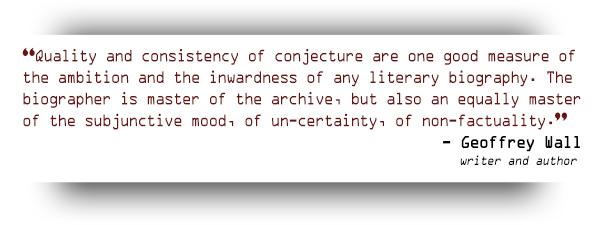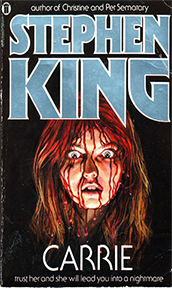Many nonfiction writers aspire to write a biographical novel about a person who fascinates them. The research and writing process is always challenging. In fact, many biographies, no matter how well-planned, never see daylight.
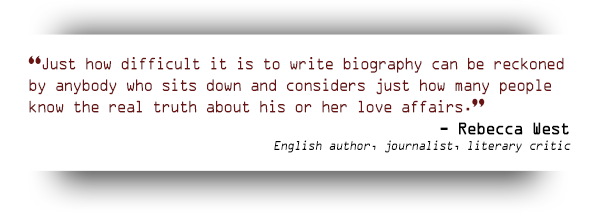
The biographical novel is a genre of book writing that documents an entertaining account of a person’s life, alive or deceased. It often focuses on the life-long experiences and achievements of the subject, including goals, problems, triumphs, defeats, and individuals with whom the subject knows or knew.
One noticeable skill that a biographical writer must hone is editing. You will need to trim down the experiences of the subject to give the reader a streamlined knowledge of the subject’s life. More importantly, the biographical novel should bring out the inner character and the personality of the subject, using his or her experiences and actions to portray a colorful version of who he or she is—or was.

Most biographical novels are written as narratives—that is, written accounts that connect to specific events during the subject’s life. This does not mean you can just describe the events. Events, by themselves, are boring. You need to illustrate the subject’s decisions and experiences that lead up to each event. You will also need to describe each event in vibrant detail so that your readers can build a textured and layered picture of each person and event in their minds.
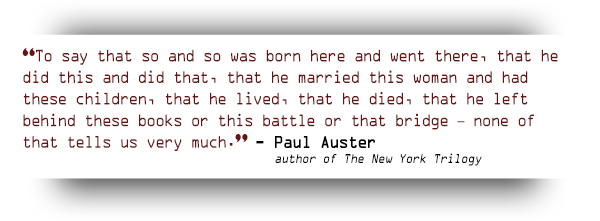
The biographical novel is arguably one of the most difficult genres because of the amount of research and preparation. Before you can begin writing, you must research the subject extensively. For example, if you decide to write about a famous historical figure, you will need to research and read the works of other biographers who have written about the subject. It’s important to read other writers’ works, especially if such works are considered historical documents, life-changing news pieces, or hidden gems of information about the subject.
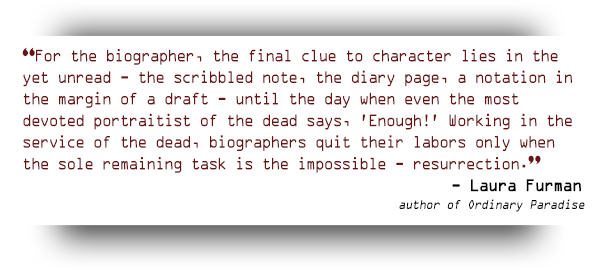
If your chosen subject is still alive, then it’s obvious you will need to interview that person, including close acquaintances, such as family members, relatives, and friends who know him or her well. You might need to use these close acquaintances to appear in the novel (with permission) as minor characters, as they might have some insight into certain events or they might have influenced the subject in different ways. If the subject is recently deceased, it is even more imperative that you conduct interviews with close acquaintances who knew the subject well. If practical and sensible, visit the places that played important locations in the subject’s life.
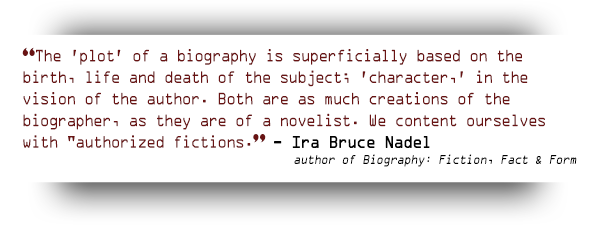
After you have conducted enough research, it’s time to begin writing the narrative. You will probably feel unsure about how the biography will unfold. It doesn’t matter during the first draft. The most important thing is to just write—at least five to seven pages a day. You can always go back and revise.
After you have completed a final draft, you will need to edit it or hire an experienced copy editor. Remove any extraneous material. Make sure the novel: 1) makes logical sense, 2) is accurate, and 3) is interesting. Try to use humorous anecdotes and plenty of dialogue. Remember that having a distinct voice and writing style will greatly improve the biography.
